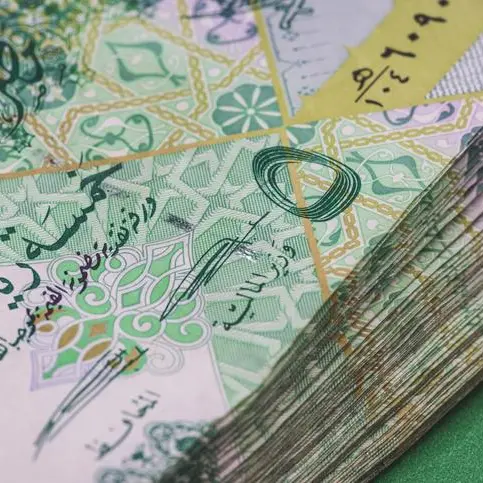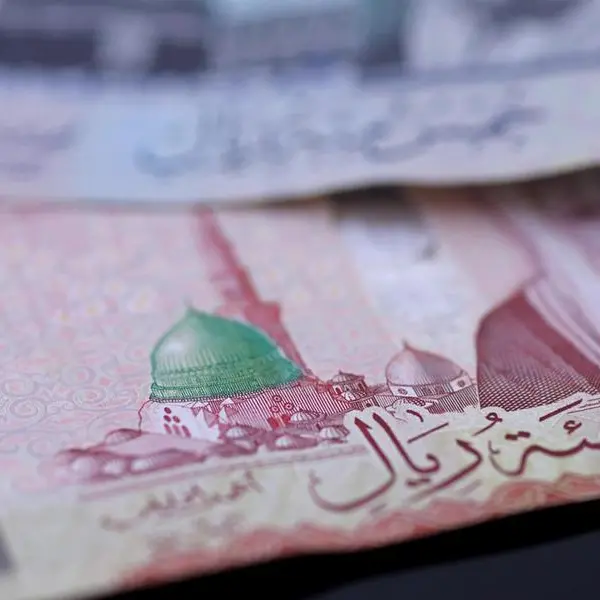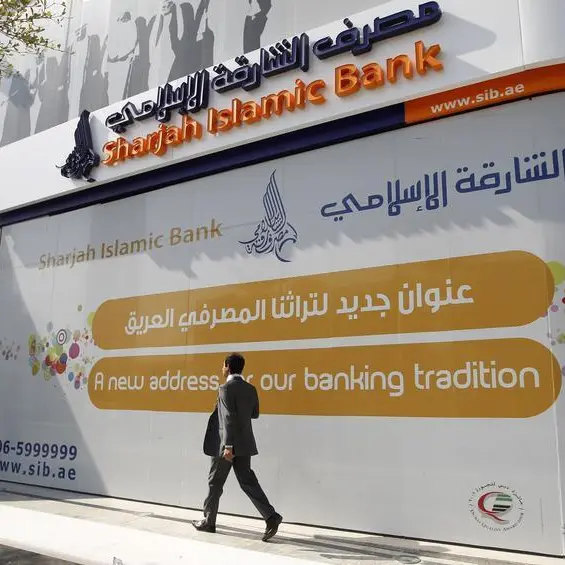PHOTO
Qatar's takaful (Islamic insurance) sector remained the GCC's most profitable market, with insurers reporting an average combined loss and expense ratio of lower than 80% in 2022, S&P Global Ratings has said in a report.
Aggregate post-tax earnings in of GCC Islamic insurers improved by almost 70% in 2022 when compared with 2021. First-quarter 2023 results suggest it could be another profitable year, thanks to rate adjustments in previously underperforming lines and potentially stronger investment returns, S&P noted.
However, earnings were not equal and some Islamic insurance markets continued to be more profitable than others, it said.
S&P expects favorable economic conditions and higher insurance prices--reflecting increased claims frequency and costs--and demand will boost business growth prospects for takaful insurers in the GCC over the next 12-18 months.
This, it said comes after strong year-on-year gross written premium/contribution (GWP/C) growth of about 23% in 2022. Some Islamic insurers in GCC countries adopted IFRS 17 from January 1 this year with most remaining insurers likely to adopt on the same date next year.
IFRS 17 requires a company to measure insurance contracts using updated estimates and assumptions that reflect the timing of cash flows and any uncertainty relating to insurance contracts.
“We believe the adoption of IFRS 17 will improve transparency, making it easier to identify and compare insurers' profit generation and risk management. While the implementation presents new challenges for all insurers in the region, including Islamic insurers, we expect our ratings on them to remain broadly stable.
“However, any significant implementation delays or inconsistencies in financial reporting standards could lead to negative rating actions in isolated cases,” S&P said.
Across the GCC region, S&P still sees substantial differences in insurers' level of preparedness for IFRS 17. Many smaller and midsize Islamic insurers yet to implement will likely encounter difficulties given the lack of resources.
This is because IFRS 17 requires internal process and IT system updates, resulting in additional costs and time constraints.
Alongside high competition and other increasing regulatory demands, this has already led to several mergers, with more likely to come. Consolidation is particularly prevalent among smaller and midsize insurers in Saudi Arabia and the UAE.
“Although we do not currently expect any significant delays or inconsistencies in the adoption of IFRS 17 among rated GCC Islamic insurers, we think that such eventualities could potentially lead to negative rating actions in isolated cases,” S&P noted.
© Gulf Times Newspaper 2022 Provided by SyndiGate Media Inc. (Syndigate.info).





















